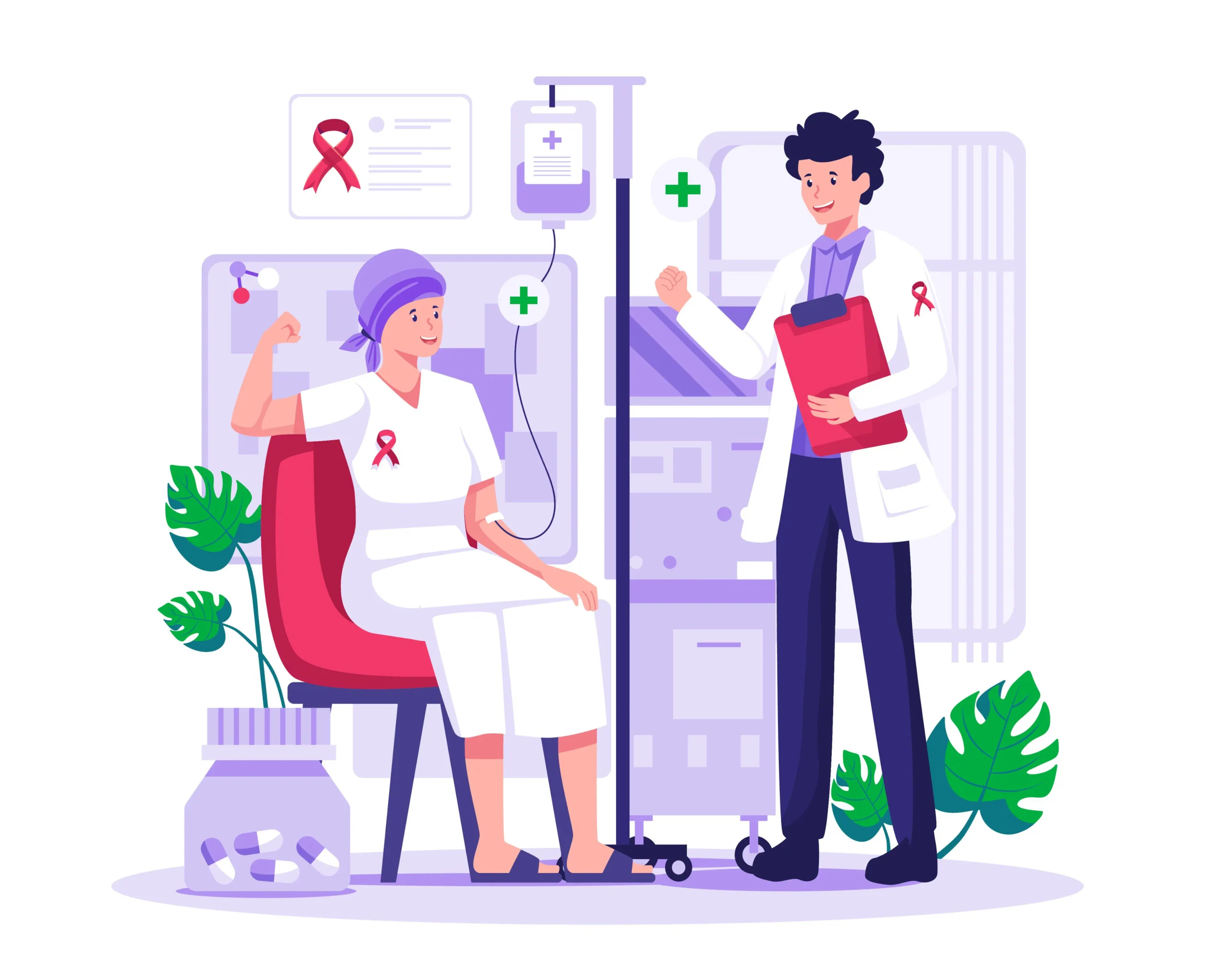
Breast Cancer Treatment Disparities Impact Survival Based on Race, Age, Socioeconomics
Racial and ethnic disparities in breast cancer treatment decline—meaning treatment was refused—are linked to older age, being on public insurance, being uninsured, or having lower median household income, comorbidities, nonmetastatic disease, and lower tumor grade. These factors emphasize the importance of targeted health equity interventions that focus on overall survival (OS) through treatment benefits, along with improved communication methods, shared decision-making, and disparity reduction.

Community Engagement & Resources are Key to ‘Closing the Gap’ on Racial Disparities in Cancer Care
Experts in healthcare disparities agree that community engagement is the key to getting more people access to cancer care — including preventative measures, screening, and treatment. During SurvivorNet’s annual “Close the Gap” conference, held in June 2024, we held a community engagement and solutions session to get expert opinions on how to increase access to care in Black and Brown communities.

To help promote a more inclusive transplant system, Fingrut and colleagues conducted a study evaluating barriers and facilitators to stem cell donation for members of the LGBTQ+ community

Top in women’s health: Racial disparities in cancer detection, early death rates
Rates of early death from gynecologic cancers were higher among Black women compared with women of other races and ethnicities, recent data show. The largest disparity in early death was for tubo-ovarian cancer, with a 14.5% rate for Black women vs. a 6.4% rate for Asian women.

Racial disparities in receipt of survivorship care plans among female cancer survivors in Maryland
With the increasing number of cancer survivors in the US, survivorship care plans (SCP) have been promoted to improve survivorship outcomes for cancer patients. Few studies have assessed if the receipt of SCPs differs by race/ethnicity. This study evaluated if racial/ethnic disparities exist in SCP receipt among female cancer survivors living in Maryland.


